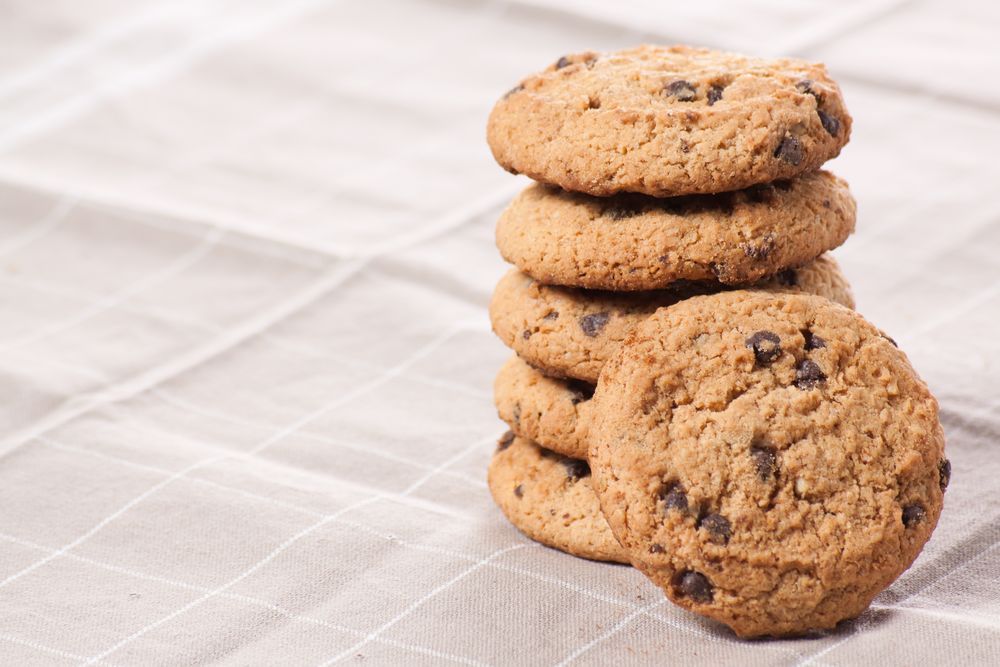Fat substitutes are a good alternative to reduce calories in food. However, avoiding any alteration to the sensory properties of food still is a major problem that needs to be solved. A recent study carried out by Italian researchers (Giarnetti et al., 2015), proposed several cookie formulations, in which butter was partially (50%) or totally (100%) replaced with an emulsion filled gel based on inulin and extra-virgin olive oil (EVOO).
The study investigated several parameters, as for example volatile profile, fracture behaviour, crumb pore size and sensory properties.The results point out that both, partially and totally modified cookies had thinner pore walls than the control cookies (containing 100% butter). Furthermore, it was observed that the total substitution of butter gave products with higher number of small-sized pores and lower level of fracture stress, and with poorer sensory properties than control cookies. On the contrary the replacement of 50% of the butter fraction with inulin and EVOO did not substantially affect cookie microstructure. The latter showed comparable fracture properties compared to control cookies, and were well accepted by consumers.
Furthermore, cookies with 50% butter replacement with inulin and EVOO contain 19% less fat and 39% less saturated fats (and according to EU standards, the resulting product can be labelled as “product low in saturated fats”). More investigations are necessary to evaluate the effects of cooking parameters (e.g. time and temperature) and other ingredients on the final quality properties of the product, especially flavour.
References. Giarnetti et al., LWT – Food Science and Technology, 63, 2015, 339-345




